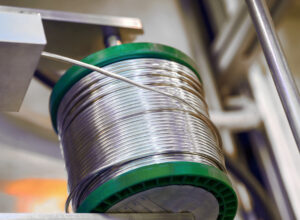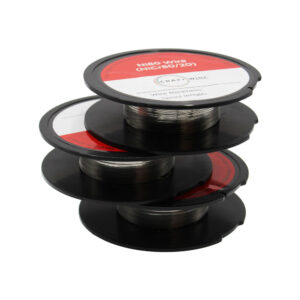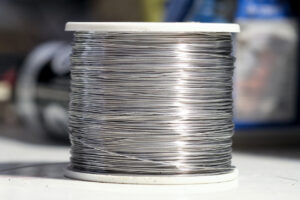Pure nickel wire, a marvel in the realm of metals, stands out for its exceptional properties and wide-ranging applications. Nickel is a lustrous, silver-white metal known for its durability and versatility. Because of its unique combination of physical and chemical characteristics, pure nickel wire is used across various industries, from electronics to aerospace. Pure nickel wire is unmatched in quality and performance compared to other metal wires that may contain different elements. Among its notable characteristics are its corrosion resistance, thermal and electrical conductivity, and high melting point, making it an ideal choice for harsh environments. Understanding why pure nickel wire is so highly valued in technical and industrial applications and why it continues to be a material of choice for innovative applications in new technological areas begins here.
Let’s get into it…
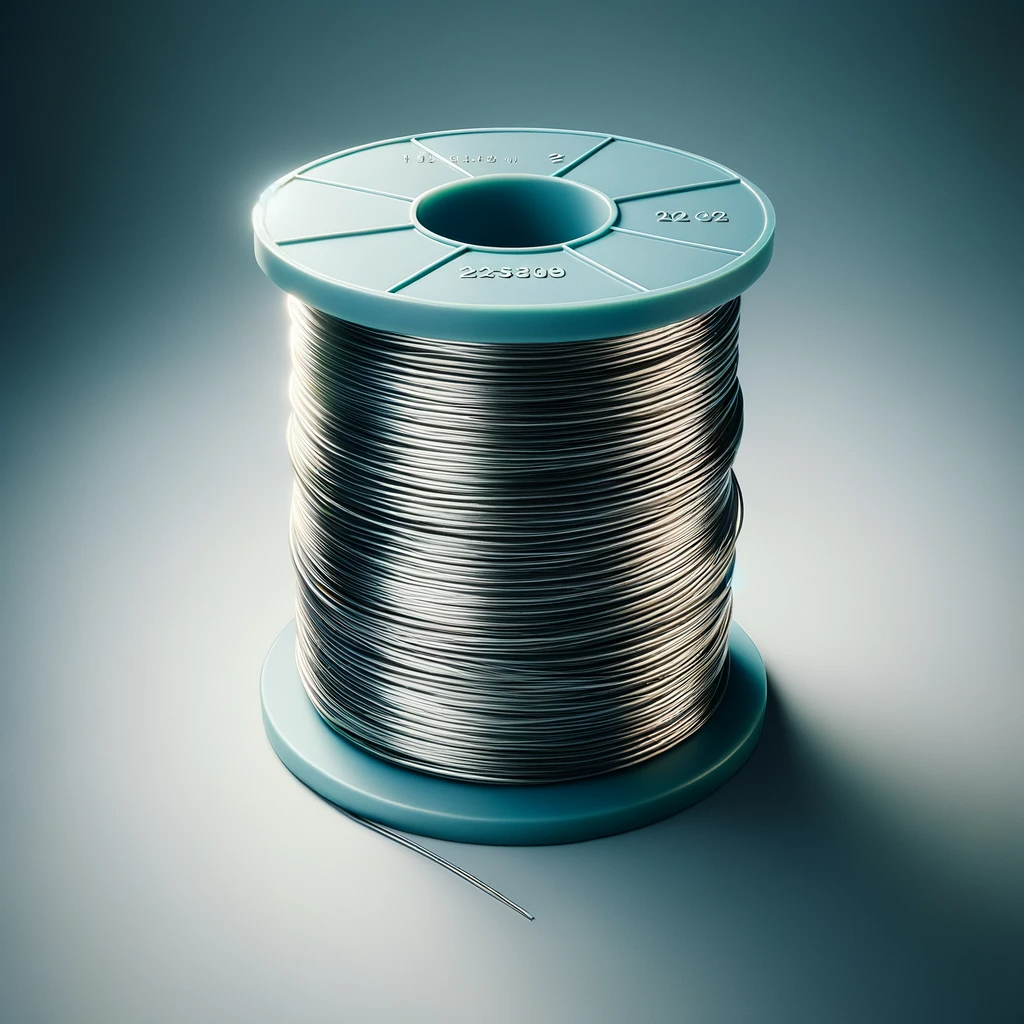
What is Pure Nickel Wire?
A pure nickel wire is exactly what its name suggests: a wire made entirely of nickel. As a result of its homogeneity, it retains all of nickel’s elemental properties, making it different from other metal wires. Nickel is first extracted from nickel ores like pentlandite, then refined to a high purity level before being drawn into wire. By eliminating impurities, the wire’s performance is ensured.
Nickel wire offers unique advantages over other metal wires. Although copper wire has superior electrical conductivity, it cannot match nickel’s corrosion resistance and high-temperature resilience. While stainless steel provides strength and corrosion resistance, it does not offer the same level of electrical conductivity as nickel. Nickel wire is an excellent choice when a combination of these properties is needed.
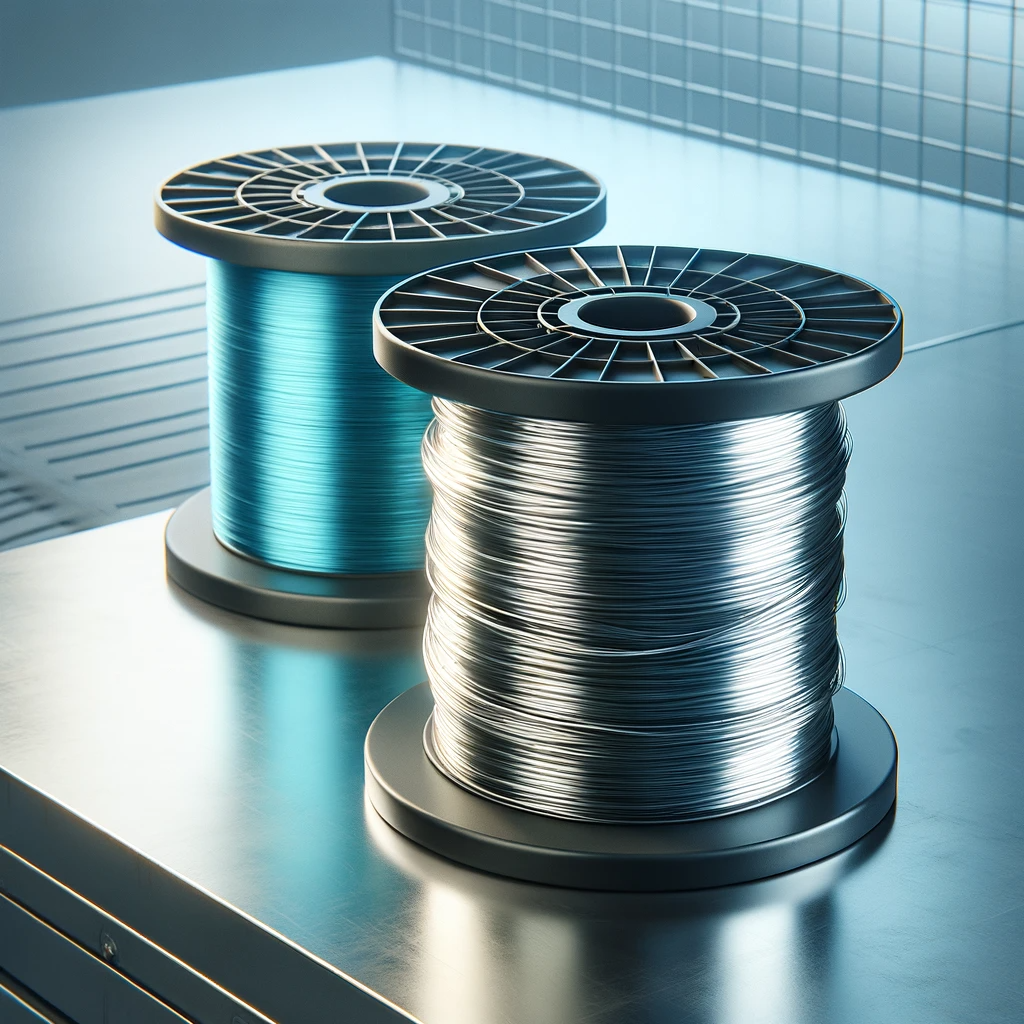
Physical and Chemical Properties
Pure nickel wire is distinguished from other metals by its physical and chemical properties. Firstly, it has a melting point of 1,455°C (2,651°F), which allows it to maintain structural integrity at high temperatures. In industries like aerospace and manufacturing, where materials are regularly exposed to extreme temperatures, this property is particularly valuable.
Nickel wire is highly flexible and can be drawn into thin wires without losing strength. In electronics and jewelry making, its ductility makes it ideal for intricate wiring.
Corrosion resistance is another standout feature. Due to its inherent resistance to oxidation and corrosion, nickel is suitable for use in harsh environments, including marine and chemical processing environments. Nickel wire also maintains its conductivity over time due to its corrosion resistance.
While pure nickel wire’s electrical conductivity is not as high as copper’s, it is still highly useful in many electronic and electrical engineering applications. Combined with its other properties, pure nickel wire is a versatile and valuable material in both traditional industries and emerging technology.
Industrial Applications
In various sectors, pure nickel wire is used for a variety of purposes due to its unique properties. The high melting point, corrosion resistance, and favorable conductive properties make it an ideal choice for challenging environments and demanding applications.
Electrical Resistors: Electrical resistors are one of the most common uses of pure nickel wire. This material is ideal for making precision resistors used in control systems and power distribution networks due to its consistent electrical resistance and ability to withstand high temperatures.
Heating Elements:Nickel wire is commonly used in heating elements due to its high melting point and ability to maintain resistance even at high temperatures. For applications such as heating coils in ovens and furnaces, it can withstand prolonged exposure to heat without losing its shape or conductivity.
Thermocouples:Thermocouples are another important application of pure nickel wire. Temperature is measured with these devices by generating a voltage proportional to the difference between two points. Pure nickel wire provides accurate and reliable temperature readings, making it a popular choice for industrial processes that require precise temperature control.
Battery Connections: In the realm of battery technology, particularly in the production of rechargeable batteries like NiMH (Nickel-Metal Hydride) and NiCd (Nickel-Cadmium), pure nickel wire plays a crucial role. It’s used to create connections within the battery that can endure the stress of repeated charging and discharging cycles without corroding or degrading.
Chemical Processing: The chemical industry benefits greatly from pure nickel wire. Its excellent corrosion resistance makes it suitable for use in equipment like reactors, vessels, and pipelines, especially in processes involving corrosive substances or high-purity products.
Aerospace Components: The aerospace industry demands materials that can perform reliably under extreme conditions. Pure nickel wire is used in various aerospace components due to its strength at high temperatures and resistance to oxidation. It finds applications in engine components, exhaust systems, and thermal management systems in aircraft and spacecraft.
Role in Electronics and Electrical Engineering
In the field of electronics and electrical engineering, pure nickel wire is valued for its specific properties that enhance the performance and reliability of various components.
Battery Production: Nickel wire is integral in the fabrication of battery tabs and connectors, especially in high-performance batteries. Its ability to conduct electricity efficiently and resist corrosion contributes to the longevity and reliability of batteries.
Electronic Components: In electronic components, particularly those subjected to high temperatures during operation or soldering, pure nickel wire is used for its stability and durability. It’s found in components like lead wires, terminals, and internal connections.
Specialized Wiring Solutions: For applications that require wiring to maintain performance in high-temperature environments, like industrial heating systems or high-power lighting, pure nickel wire is a preferred choice. Its thermal stability ensures consistent performance where other materials might fail.
Working with Pure Nickel Wire: Tips and Techniques
Working with pure nickel wire requires some specific handling techniques to ensure safety and the best results:
Handling and Shaping: When bending or shaping nickel wire, use appropriate tools to avoid kinking or damaging the wire. For intricate shapes, annealing the wire may make it more malleable.
Storage: Store nickel wire in a dry environment to maintain its integrity. Coiling the wire properly can prevent tangles and make it easier to work with.
Safety Considerations: Always wear protective gloves when handling nickel wire to prevent cuts and skin irritation. Ensure good ventilation when heating or soldering nickel wire.
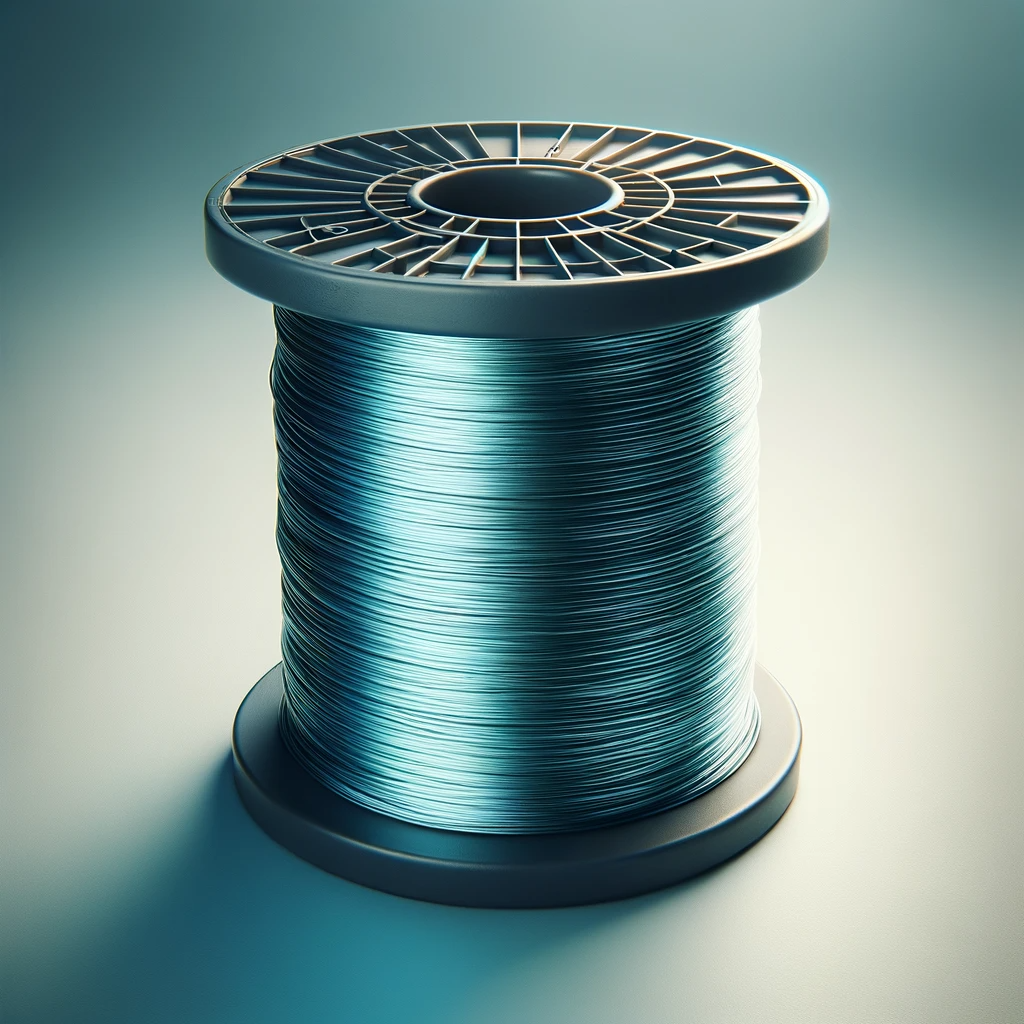
The versatility and importance of pure nickel wire extends across a wide range of industries. Due to its unique properties, such as high corrosion resistance, electrical conductivity, and malleability, it is an invaluable material for a variety of applications. Consider pure nickel wire for your next project, whether you’re an engineer, artist, or hobbyist.
We offer also a massive range of stainless steel wire and nichrome wire through our store. Choose the wire that you want to work with and we’ll get spooling.
If you’re interested in learning more about wire, check out our other blog on Everything You Need to Know About Wires.
We are also proud to supply this product on our highly popular eBay store, check us out there too.
Thank you for checking out our site.


